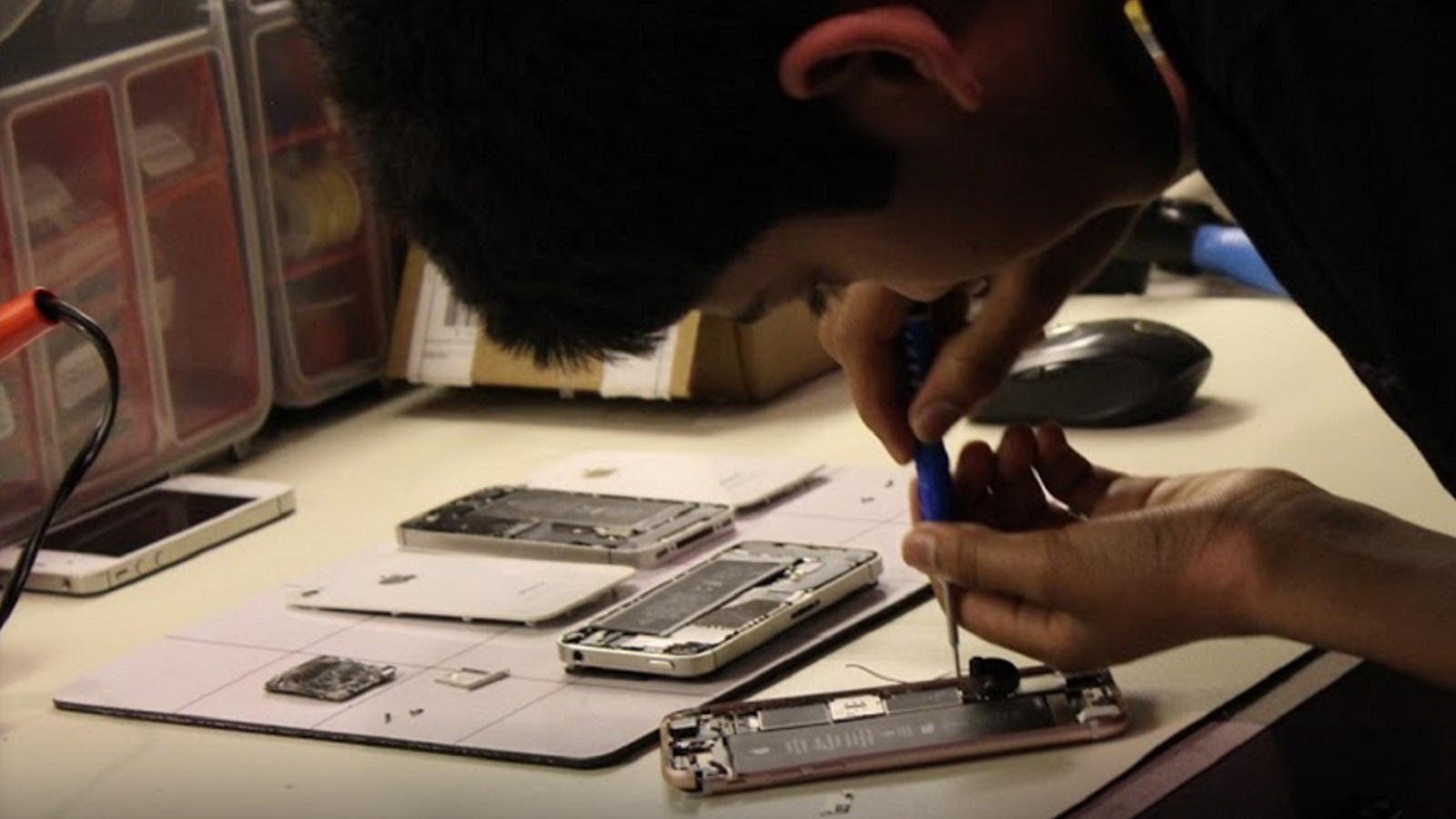
The costs of the digital divide are higher than ever. Repair can help.
Millions of Americans stand on the wrong side of the digital divide. It’s time we fix that.
COVID-19 continues to pose a challenge for our country. Together we can do more to protect our health and ensure we're better prepared for any future pandemics.
Millions of Americans stand on the wrong side of the digital divide. It’s time we fix that.
Few people living today remember what it was like to live through a world war, but that’s what we’re in, and we’re going to have to sacrifice if we want to save ourselves and each other. Just as the greatest generation did, we need to step up to what history has delivered.
Few people living today remember what it was like to live through a world war, but that’s what we’re in, and we’re going to have to sacrifice if we want to save ourselves and each other. Just as the greatest generation did, we need to step up to what history has delivered.
The coronavirus (COVID-19) pandemic is putting incredible stress on the U.S. medical system, including the equipment that is essential to diagnose and treat patients, such as ventilators. As that equipment is pressed into round-the-clock use, biomedical repair technicians face increasing pressure to maintain and repair all that equipment. However, in too many cases, manufacturers limit access to the essential tools and information these repair experts need. A new report by the Arizona PIRG Education Fund and U.S. PIRG Education Fund, Hospital Repair Restrictions, details the challenges that medical professionals face as a result of device manufacturers setting up barriers to repair, and outlines steps to help hospitals.
In-person voting on Election Day is on the relatively higher-risk end of activities. That is why states across the country have been scrambling since the outbreak began to adapt their voting systems to accommodate more mail-in or absentee voting, while maintaining sufficient and socially-distant in-person locations. With less than six weeks before Arizona’s primary election and less than five months until the November general election, state and local officials need to keep that effort going full steam.
The Centers for Disease Control and Prevention (CDC) recently released new guidelines for businesses and employers in responding to the novel coronavirus (COVID-19). Many of the recommendations are sensible: regular temperature and health checks, enhanced cleaning, staggered schedules and employee distancing, and greater use of video and teleconferencing instead of in person meetings. But when it came to “employees who commute to work using public transportation or ride sharing,” the CDC’s recommendation made less sense. It said the following: “Offer employees incentives to use forms of transportation that minimize close contact with others, such as offering reimbursement for parking or single-occupancy ride shares.”